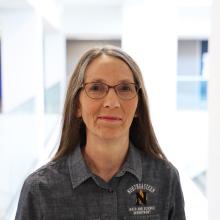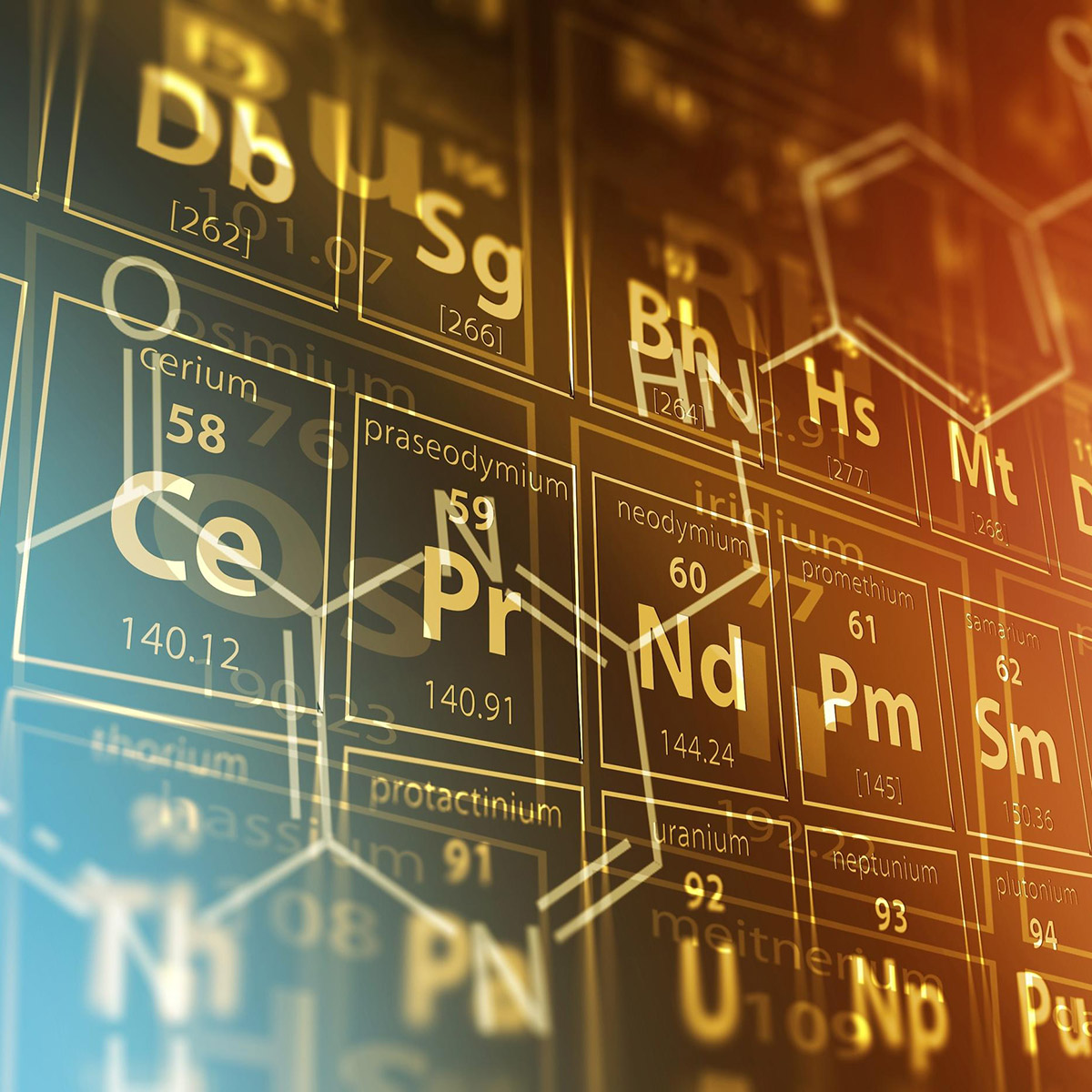Faculty



Northeastern's Math, Science and Health programs are designed to provide students with the college course work needed to transfer to a four-year institution to continue their education. The programs provide students with the essentials to be successful at the university level, as well as making successful career choices.
The science faculty at Northeastern Junior College care about your success! In order to provide you with the best possible education, these highly knowledgeable faculty continually attend conferences and seminars to update their training in cutting-edge technology and advancements. The advantages of majoring in the sciences at Northeastern are great.
Students will be taking the same classes as a science major at a 4-year school, but there will be a fraction of the students enrolled, and the professor will teach both your class and laboratory.
The faculty know each student personally, work with them one-on-one, and can guide them to the career they've always wanted.
In addition, faculty contacts in the surrounding area make it possible for students to job shadow and/or intern with a variety of professionals.

According to the Bureau of Labor Statistics, employment of biological technicians is projected to grow 9 percent from 2021 to 2031, faster than the average for all occupations.
About 12,200 openings for biological technicians are projected each year, on average, over the decade. Many of those openings are expected to result from the need to replace workers who transfer to different occupations or exit the labor force, such as to retire.
Biotechnology research plays a key role in scientific advancements that improve people’s quality of life. One new area of biotechnology, synthetic biology, will employ biological technicians in attempts to redesign biological systems or living organisms to produce useful things, such as chemicals, in more efficient ways than are currently used. New applications of biotechnology may be the subject of research topics ranging from new ways to produce biofuels to providing new treatments for diseases, such as cancer and Alzheimer’s disease.
The U.S. Bureau of Labor Statistics lists the median annual wage for biological technicians was $48,140 in May 2021.


